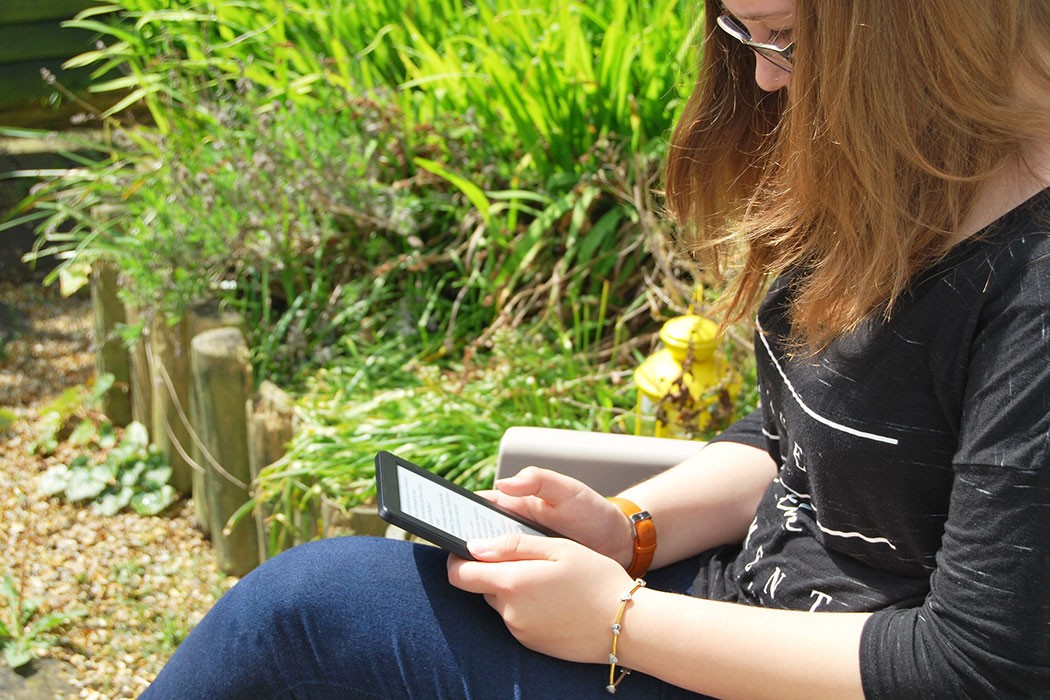More and more people are suffering from panic disorder. Panic attacks aren’t called a big-city problem for nothing. Anyone who has experienced it knows how devastating both the physical symptoms and the mental distress can be.
Panic attacks include:
- A feeling that something bad is about to happen.
- The desire to run away associated with an adrenaline rush.
- Feeling that you are losing control, going crazy, or dying.
- Depersonalization.
- Changes in heart or pulse function, shortness of breath, dizziness, etc.
Problems such as debilitating headaches, shortness of breath, and palpitations make even the simplest daily activities impossible. You cannot even prepare a dinner for your family, what to say about more complicated tasks, like looking for the best live betting odds, solving problems at work, or helping children with homework, But there are ways to manage this condition. Experts give the following tips on how to deal with anxiety during a panic attack.
Use Water
One of the easiest things we can do is to dip our hands in cold water or rinse our face with it. Sensory stimulation with cold water helps dispel the anxious feelings that overwhelm us and relieves elevated cortisol levels. A sip of illuminating water also has a calming effect. So always carry a bottle of plain water with you. It will help you come to your senses.
Physical Activity and Proper Breathing
When panic strikes, it is hard to stay in one place. Physical activity at such times always helps to relieve anxiety. No complicated exercises need to be done, just move around and breathe deeply. In such a situation, correct and deep breathing is very helpful. We need to breathe in well, and then breathe out slowly. After a few minutes the anxiety will subside.
Allow Yourself to Worry
It sounds absurd, but sometimes, experts say, the more we struggle with panic, the worse it gets. Instead, we need to admit that we are feeling anxious and allow ourselves to be in discomfort for a while. It’s frightening, but the anxiety remains anchored when we resist its presence. It can literally pass through us and go beyond us as soon as we let it.
Cry
Crying can have a therapeutic effect and is often a sign that there are emotions that need to be released. Experts explain that anxiety is often a reaction to repressed grief. In this case, conscious permission to cry can give us the catharsis we need to calm the nervous system.
Take a Break From Social Media
People suffering from anxiety often feel overwhelmed by information, and social media helps with that. And they make us strive to achieve a perfect image that doesn’t really exist. Another of their detrimental functions is to sometimes give incorrect information.
Indoctrinate yourself that sometimes it is better not to look at some news groups, not to read about negative incidents, so that you don’t worry about them later. Allow yourself to be in the dark and thus save your nerves.
Don’t Think About the Symptoms
Achieving this is very difficult because they are the most frightening part of the situation. It sounds difficult, but it works. Our help at such times is to count or emphasize different colors. This will distract us and reduce our suffering.
Write Down Your Problems
If we write down on a piece of paper the fears that bother us in a moment of panic, it acts as anxiety therapy. Because this way it is easier for us to see if these fears are real or irrational. If it makes you feel better, tear up your written fears or burn them. Perhaps this practice will calm you down a bit.





